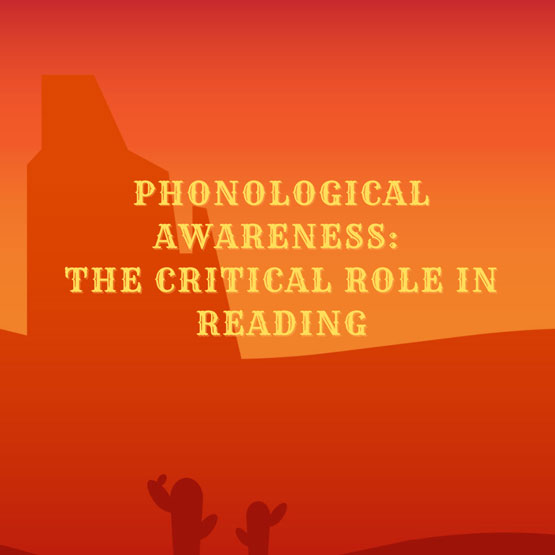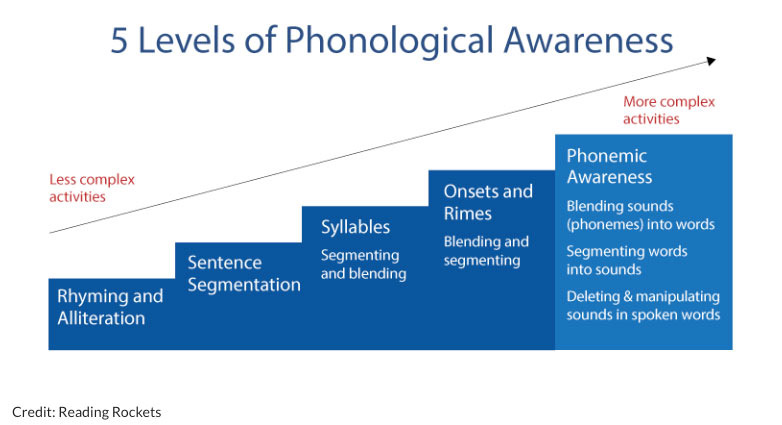The Critical Role of Phonological Awareness in Reading Education
Phonological Awareness
Phonological awareness is one of the most critical aspects of reading education. It is the ability to hear and manipulate the individual sounds that make up spoken words. Phonological awareness skills are essential for learning to read, and they must be developed early on for a child to become a successful reader. Parents can help their children develop these skills by providing plenty of activities focusing on phonological awareness. By doing so, they will give their children a strong foundation for reading success.
Phonological awareness is hearing, identifying, and manipulating the sounds that make up spoken words.
An early skill in learning to read has more to do with hearing how words sound than it does with seeing how they are written. Phonological awareness involves being able to recognize and manipulate the sounds within words. An example of phonological awareness is hearing in your mind the word created by replacing the first sound in “wish” with the first sound in “file” to make the word “fish.” This ability to segment words into their individual sounds and then manipulate those sounds is critical for learning to read.
What is Phonemic awareness?
Phonemic awareness is identifying and manipulating phonemes, or units of sound, in spoken words. This includes identifying individual sounds in words (phonemes), being aware of how phonemes can be combined to make new words, and knowing how changing a phoneme in a word can change its meaning. Phonemic awareness is one piece of phonological awareness.
Phonological awareness can be improved by singing nursery rhymes, clapping out syllables, and playing word games.
There are many activities that parents can do with their children to help them develop phonological awareness skills. One of the most important things parents can do is provide exposure to spoken language. This includes hearing stories and reading aloud regularly, listening to songs and rhymes, and talking with family members. Parents can also help their children develop phonological awareness skills by providing activities focusing specifically on sounds. These activities might include clapping out syllables in words, identifying beginning and ending sounds, or making silly sentences using nonsense words.
By providing a variety of experiences with language and sound, parents help their children build a strong foundation for reading success.

A child’s level of phonological awareness predicts their reading ability later in school.
Phonological awareness is one of the best predictors of reading ability later in school. Children with strong phonological awareness skills when they enter kindergarten are more likely to be successful readers when they reach third grade. Conversely, children with phonological awareness skills often struggle with reading throughout their schooling. This highlights the importance of providing activities and experiences that focus on developing phonological awareness skills in young children. By doing so, parents can give their children a strong foundation for reading success.

